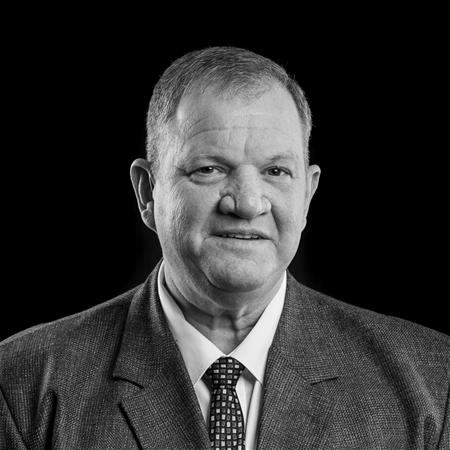Keeping your head in times of crisis
Maintaining a state of calm during challenging, uncertain and volatile times, will stand you in good stead to capitalise on opportunities when they arise


"If you can keep your head when all about you
Are losing theirs…"
"If you can meet with Triumph and Disaster
And treat those two impostors just the same…"
The above are selective excerpts from Rudyard Kipling's iconic poem, "If".
It is not the job of a financial advisor to make comments on geopolitical issues; instead, we are responsible for positioning a client's portfolio for the long-term according to their individual risk profile and income or growth needs, or a combination of the two. Intervening acts of a political nature obscure the long-term goal, and decisions taken in the heat of the moment can have adverse effects on overall portfolio performance.
It is challenging to keep your head when values drop rapidly and the triumph of last year's returns turns into disaster after a horrific late February and early March. I had a client ask if this was the start of World War III, while another asked if this was the beginning of Armageddon. Again, financial advisors are not qualified to answer such questions, but wars, rumours of wars, and rising inflation certainly validate those who question whether this may be the case.
I recently fielded questions regarding the non-payment of life policies where the deceased is vaccinated; a judge in France ruled that the company was entirely within its rights to rule that it was death by suicide as the deceased willingly took an experimental drug. The enquirer could not produce a case number, the name of the company rejecting the claim, the name of the deceased, the drug in question and other polite enquiries. When asked if this has been fact-checked: "Fact-checking is funded by people who don't want you to know the truth."
In a Department of Defence news briefing on 12 February 2002, Donald Rumsfeld famously stated that "Reports that say that something hasn't happened are always interesting to me because, as we know, there are known knowns; these are things we know we know. We also know there are known unknowns; that is to say, we know that there are some things we do not know. But there are also unknown unknowns - the things that we don't know we don't know."
Fake news wasn't a concept known to many of us back then, but it certainly has complicated our lives, and the decisions we make, significantly since then.
So, how do we make sense of this all when considering our investment portfolios? We can't pretend to know the future, but we can do our level best to thoroughly research appropriate options for our clients depending on their individual investment needs. Be open with your advisor about your holdings. Make a decision, but don't keep second-guessing at every turn. Uncertainty and volatility are both on the increase. Accept that there can be wild fluctuations, and bear in mind that those who panicked in March 2020 certainly now wish they had not done so.













